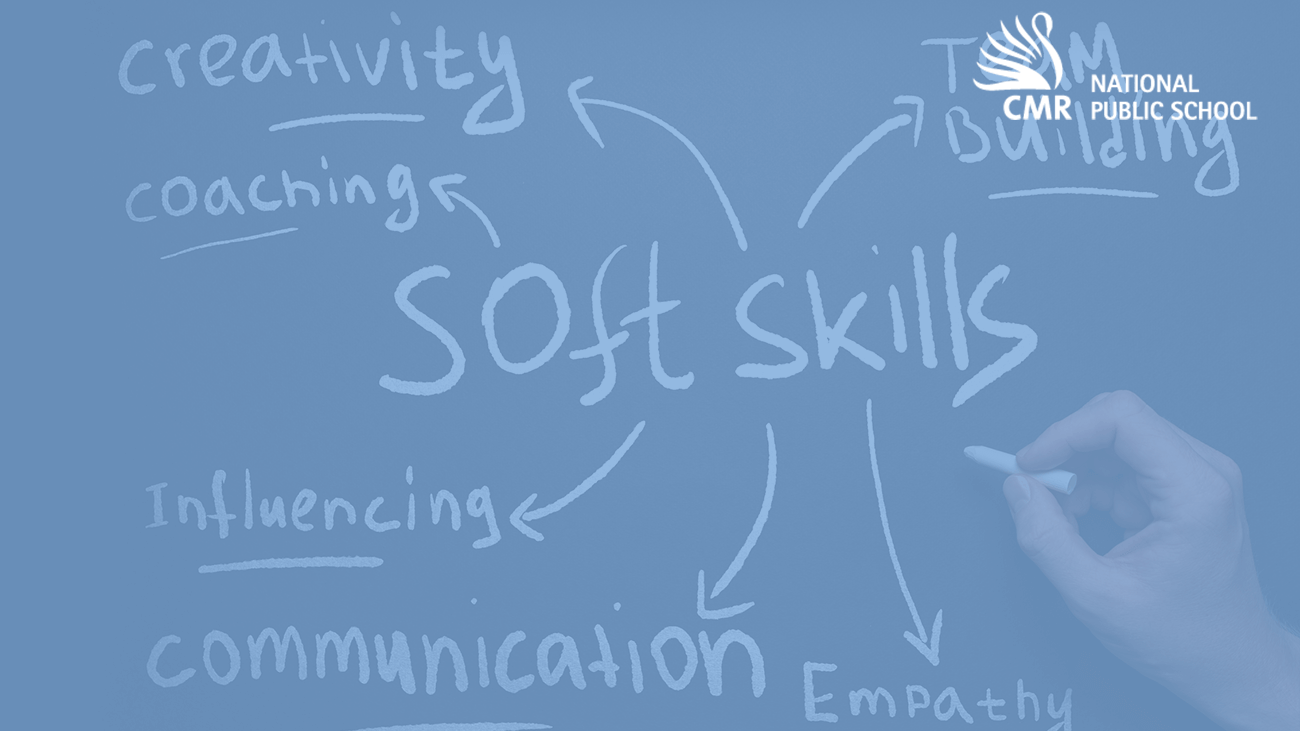Assessment is the core of education which can strongly affect teaching and learning and gauge students’ understanding and application.

For the past thirty-three years, I have worked with dozens of schools in India and abroad and learned that there are many different approaches to assess students’ learning, understanding, and application. Some of these assessments are rigorous and are of numerous forms according to the curriculum framework that is implanted in the school’s mission, vision, and aims. We use many techniques to assess students and we also provide opportunities for students to benefit from the feedback of teachers, peers, and outside professionals.
We at CMRNPS often set assessment goals and prepare test scores to measure our student’s academic strengths and weaknesses. As teachers, we use well-crafted formative assessments, summarization assessments, performance assessments, multiple-choice and short-answer assessments,performance-based assessments, portfolios, presentations standardized tests, standards-based projects, periodic assessments, pen-paper tests, assessment using multiple strategies like quiz, debates, role-plays, viva, group, visual, interactive boards, gallery walks, exit cards, concept maps, peer assessment, self- assessments, discussions, expressions, bulletin, classwork work is done (activities/assignments), reflections, narrations, journals, achievements of the student in the subject throughout the year, the participation of the student in different activities like Science quiz, subject enrichment activities and assignments that require students to apply their knowledge and skills.
The formative and summative assessments that we conduct in our school gives students immediate feedback. They also allow us as teachers to immediately intervene and amend course when assessments show that a particular lesson or strategy isn’t working for a student. We offer new challenges for students who have mastered a concept or skill. These include designing, building, or investigation skills.
Apart from assessments, today’s world wants students to learn and master many skills like knowledge-based skills, technological skills,higher-order thinking skills, recalling skills, analytical skills, comparing and contrasting skills, creativity skills, problem-solving skills, lifelong learning skills, critical thinking skills, leadership skills, communication skills, collaboration skills, information management skills, skills to adapt to new situations, etc.
Some skills can be measured in certain kinds of assessments but skills such as teamwork, collaboration, and moral character traits cannot be measured in a distinctive standardized test and these are very vital skills. We at Ekya have different rubrics to measure these skills.
Businesses are always looking for workers with people skills and for people with the ability to get along well with others and apply their knowledge and skills to real-world tasks.
In conclusion, the teacher needs to give students possession over the process of how they arrived at the conclusion in these assessments, Thanks to our curriculum which is designed in such a way that our methods of instruction helps students to press the reset button and go back to learn, unlearn and relearn.
Therefore checking for understanding is a significant step in the teaching and learning procedure. The background knowledge that students and teachers carry into the classroom inspires how students understand the material you share and the lessons or learning opportunities the teachers can provide. Unless you check for understanding, it is hard to know accurately what students are obtaining from the lesson.
By
Ms.Lorraine,
CMRNPS Teacher


